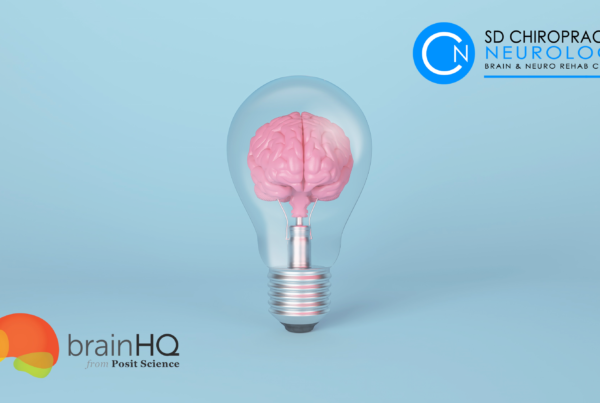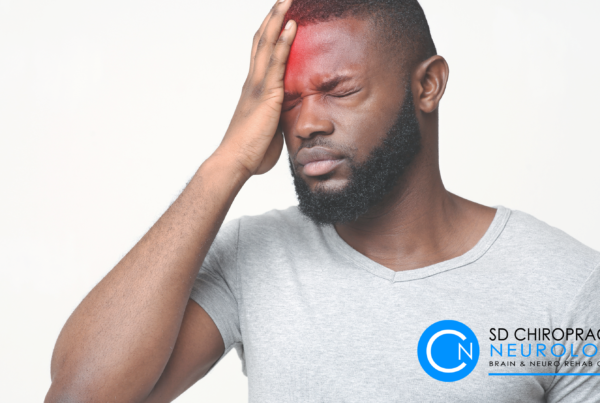
Introduction
Concussion symptoms are frequently brought on by mishaps or sports-related activity. Concussions can also cause symptoms in the eyes, despite the fact that most people only identify them with headaches, vertigo, and cognitive problems. These eye-related symptoms are frequently ignored but might be important concussion warning signs. In this blog post, we’ll look at the numerous concussion-related eye symptoms and talk about how crucial they are for identifying and treating this kind of brain damage.
Common Concussion Eye Symptoms
Blurred vision is one of the most common concussion-related eye symptoms. After suffering a concussion, people may have trouble focusing, which can cause them to see their surroundings hazily or distortedly. After an injury, blurred vision may last for several minutes, hours, or even days.
Double Vision: Another typical eye symptom following a concussion is double vision, commonly referred to as diplopia. When the eyes cannot properly align, this happens, making one thing appear to be two. Particularly unsettling double vision can make it difficult to carry out daily chores.
Concussion-related light sensitivity (photophobia): Characterized by an increased sensitivity to light. For those who have suffered a concussion, even standard indoor illumination or direct sunshine might become painful and uncomfortable. Sunglasses can assist with this symptom, as can avoiding bright areas.
Eye weariness: Concussions can also cause more eye discomfort and weariness. People may find it more difficult to read, watch screens, or perform close-up work, and they may feel as though their eyes are heavy.
Eye Movement Issues: Concussions may disrupt eye movements, making it difficult to track things or keep your attention on a moving target. It is crucial to relax the eyes during the recovery phase because this may make it difficult to follow a conversation or read.
Nystagmus: Nystagmus describes uncontrollable, swift eye movements that can happen after a concussion. An individual’s capacity to keep their vision stable and focus on things can be affected by this disorder.
Pupil Changes: Anisocoria, or uneven dilation of the pupils, is another symptom of a concussion. These signs, which are less frequent, may call for immediate medical intervention.
Why Are Eye Symptoms Important in the Diagnosis and Treatment of Concussions?
Following a concussion, eye symptoms are important for various reasons.
Early Detection: Early detection of ocular symptoms can help in concussion diagnosis. A prompt diagnosis is necessary to start the right course of treatment and guarantee a quick recovery.
Monitoring Progress: The development and recovery of a concussion can be accurately predicted by eye symptoms. These signs are frequently monitored by medical practitioners to identify advancements or future consequences.
Preventing Further Injury: If eye symptoms continue, performing tasks that call for visual focus, such as driving or operating large machinery, may be risky for the person. Recognizing these signs can aid in averting further harm.
Customized Rehabilitation: Depending on a person’s particular symptoms, concussion rehabilitation programs can be designed to fit their needs. Better results may be obtained if eye-related problems are addressed as part of the therapy strategy.
Conclusion
While head discomfort and cognitive issues are frequently linked to concussions, eye symptoms should not be disregarded. For the purposes of diagnosis and treatment, these symptoms must be identified and treated. After a head injury, if you or someone you know has any of the eye-related symptoms listed in this blog, get help right away. Our office can offer in depth testing, suggest the best course of action, and support a concussion patient’s safe and efficient recovery. Keep in mind that caring for your eyes is an essential component of concussion treatment overall. If you’d like to schedule a free consultation with our office, please reach out here.




